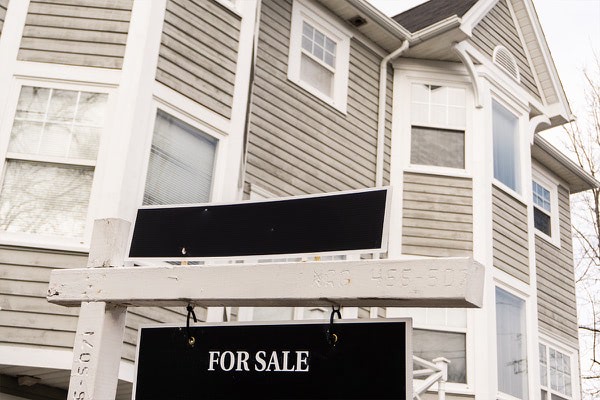It’s time for your summer 2024 market update! In this post, we discuss the current situation in Halifax, and what to expect in the future.

6 closing day tips for buyers
Is your closing day approaching? Buying a new home has so many hurdles that you’re probably looking forward to getting your set of keys and relaxing a bit. However, closing day will present one last set of potential obstacles for buyers. It’s the “big day” in real estate, after all! With that in mind, it’s important to prepare yourself as best you can so your closing day goes as smoothly as possible. Here’s what we recommend doing to get yourself ready.
#1 Double check your finances
You have no doubt been keeping track of your financial situation as you have gone through the buying process, but closing day is when it’s most important. You have been budgeting and perhaps holding your wallet a bit more closely in the months leading up to closing day. Closing day will reveal how much you will owe as the buyer, not just in terms of the cost of the home, but also for adjustments like legal fees and land transfer tax. In other words, prepare for closing costs! You have probably chatted about closing costs with your broker in advance, but now is the time to triple check that you have enough money in your account to make sure you can pay for them. Your broker and lawyer can help you reach a rough estimate of what you will owe, so there won’t be any huge shocks before closing day.
#2 Ensure your down payment is set
You are likely aware that your down payment must spend a certain amount of time in your bank account before it can actually be accepted as a down payment. This is to ensure the money isn’t a result of laundering, and that it comes from a legitimate source, either your own income, as a gift, or from your RRSP. You may also need to provide proof of funds if your payment comes from a donor, and proof of transfer to show the money is ready to use. Make sure that before closing day, you have proof of funds and transfer ready, and of course, the money is in your account.
#3 Meet with your lawyer beforehand
A few days before closing, buyers should meet with their lawyer for a last-minute review to ensure everything is prepared for the big day. Your lawyer will likely have a statement of adjustments ready for you to sign, which you can do before closing day to save time. This statement outlines the costs of everything we mentioned above in point number one, aka all the closing costs you may owe. Once you have this value, you can sign the documents and give the lawyer your bank draft. To prepare for this meeting, you should have contacted your lawyer with lots of extra time in case they are extremely busy, or the statement isn’t accurate. Bring your bank draft and two pieces of ID. With this done ahead of time, closing day will go a bit faster and smoother.
#4 Complete your pre-close inspection
You may have had an inspection done back when you first put your offer in on the home, but that was several weeks ago now. Before you become the official owner of the property, you will need to make sure the home is still in good condition. It’s not super common, but it is possible for some major damages to take place between inspection and closing day. Obviously, you don’t want to face that situation. Look out for obvious signs of damage in the home, and also be sure to test out appliances, heating / air conditioning, etc. Negotiating repairs with the seller is better than being on the hook for tons of damage you didn’t cause.
#5 Have all your identification ready
This is one of the most important and most basic items to have prepared for a smooth closing day experience. To complete the buying process and take possession of your new home, you will likely need to show your identification one more time. Be sure to bring at least two pieces of government-issued identification with you on closing day as final proof of who you are. Your lawyer should have a list of acceptable forms of ID so you will be able to know you are in the clear. Things like driver’s licenses and passports, with photos, are best.
#6 Be aware of busy dates
Each month, the first, last, and middle days of the month tend to be the busiest for real estate transactions, as well as Fridays. If possible, you may want to avoid closing on these days. In the case that you come across issues with the home, or there are problems with your financing, a Friday closing means you are looking into early the next week to have the issue resolved. The first, middle, and last days of the month are often popular times for all types of real estate transactions to close. Lenders and notaries will be very busy, which increases the risk of a delay in fund transfers and other closing items. If you can’t avoid closing on one of these days, be prepared for a more hectic experience.
Closing day can be stressful, so being as prepared as you can will help you ensure the day goes as smoothly as possible. Organize meetings with your lawyer and broker ahead of time to make sure you have everything ready, and have a plan in mind in case you run into issues with financing or the property itself. With proper care and attention, many potential problems can be avoided so you can move into your new home with confidence.
If you have any questions about your mortgage, get in touch with us at Clinton Wilkins Mortgage Team! You can call us at (902) 482-2770 or contact us here.


